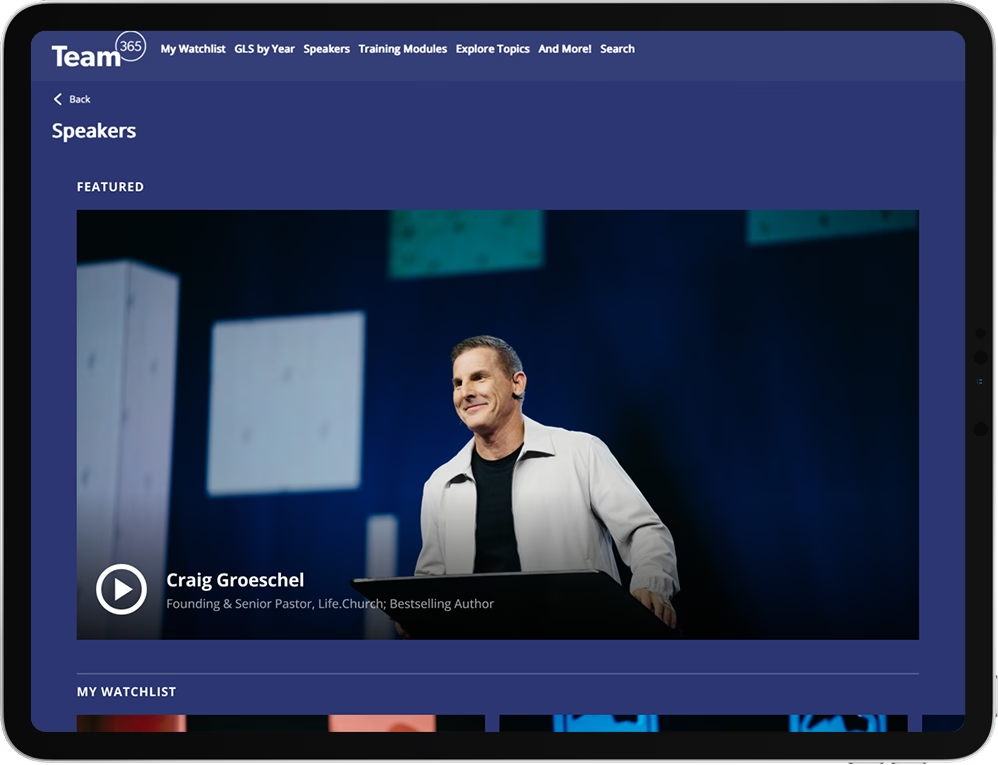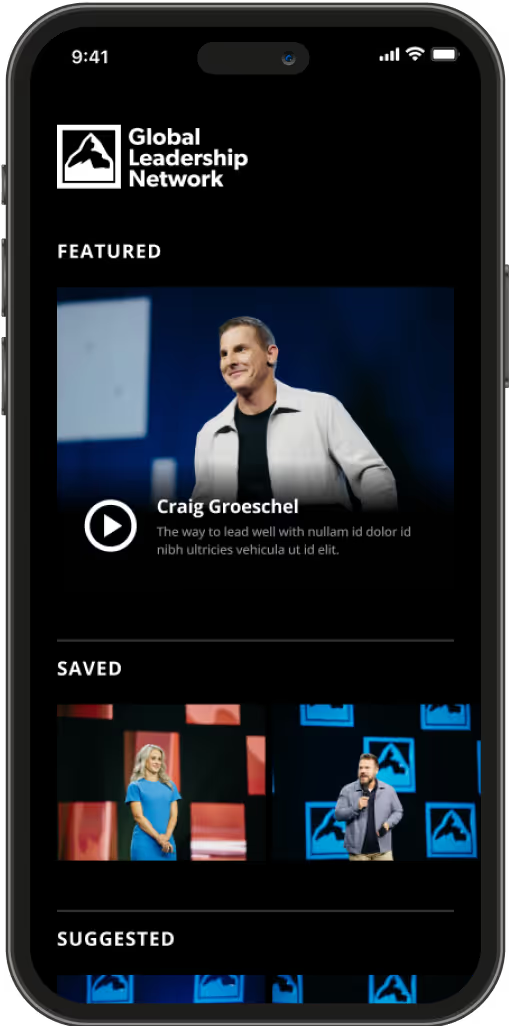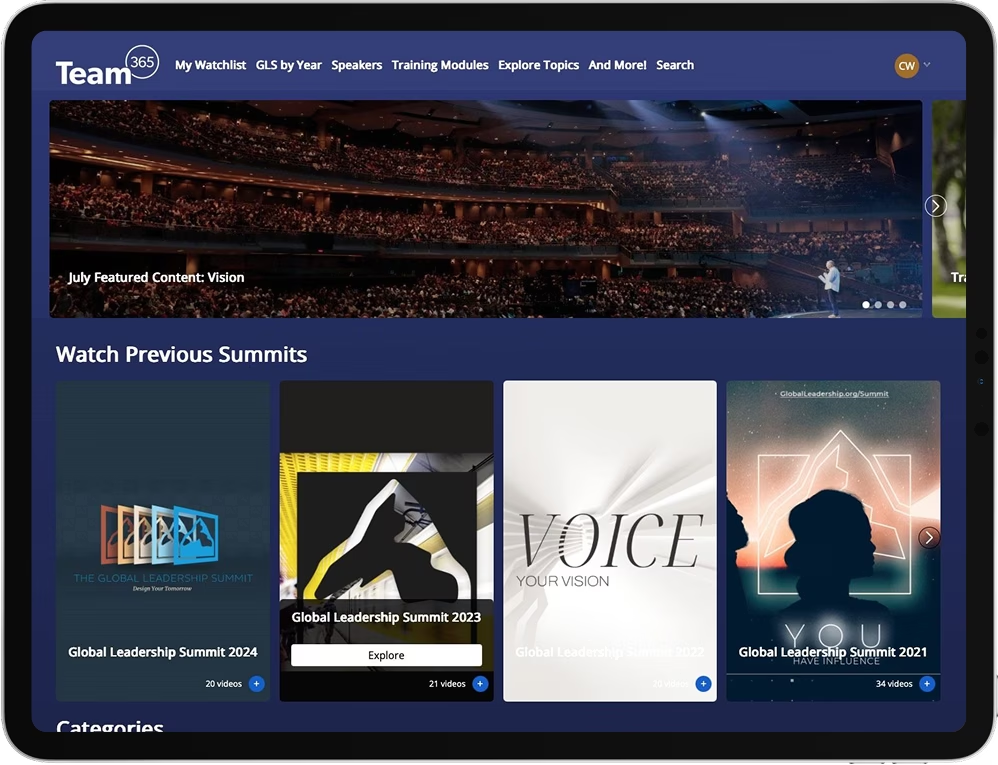We feel like conversations are not supposed to be difficult. But every one of us has difficult conversations in our lives. Difficult conversations are a big part of leadership.
The presence of difficult conversations indicates:
- You care about what you do
- You care about the people you are doing it with
Difficult conversations are a big part of leadership.
We need to look beyond what people are actually saying to one another. We need to become aware of our internal voice.
In difficult conversations, our internal voices are turned up to full volume.
Drama: Monisha and Paul are discussing plans for a client meeting. Paul wants to book an expensive experience to land the client. Monisha is concerned about the budget.
Every difficult conversation has the same underlying structure:
1) The What Happened? Conversation
- Who’s right?
- Whose fault is it?
- What was the other person’s motive?
- The more frustrated we are, the more likely we are to tell a particularly negative story and assume the worst.
2) The Feelings Conversation
- Difficult conversations unearth complicated and conflicting feelings.
- In North America, we are not supposed to bring our feelings to work. But as human beings, we can’t leave our feelings behind. Feelings can leak out.
3) The Identity Conversation
- Identity is the story we tell about who we are.
- Am I competent?
- Am I a good person?
- Am I worthy of love?
In most difficult conversations, we feel like it’s our job to set the other person straight.
The real issue is that they need to change. People don’t respond well to being lectured, blamed and fixed.
The other person also has an internal voice. Their internal voice is focused on what they are right about.
So what do we do?
1. Instead of asking who’s right ask, “What is it that we both think this conversation is about?”
- Get curious about why we see this so differently.
2. Instead of asking whose fault it is ask, “What have we each contributed to this problem?”
- Blame looks for who is most at fault. It assumes someone is wrong.
- Joint contribution assumes everyone has some role to play – even if it is 90/10.
- Joint contribution is the fuel for learning.
3. Separate intentions from impact.
- Other people’s intentions are invisible to us.
- Even if we have positive intentions, we can have bad impact.
4. Stop holding on to an either/or identity.
- Good person or bad person; Saint or sinner.
- We need to see ourselves as God sees us: fallible but also worthy of love.
As human beings, we need each other. Sometimes we misunderstand each other and let each other down. But we also need each other to learn from those mistakes.
As human beings, we need each other. Sometimes we misunderstand each other and let each other down. But we also need each other to learn from those mistakes.
Story of seminary students and a man who needed medical attention. They were told they needed to give a speech, starting in five minutes. Only 10% stopped to help the man. When the students had 20 minutes, 50% stopped.
We need to make time in our busy lives to better handle our most important relationships.
Leadership is about showing someone a better future that we will co-create together.
*Disclaimer: GLS18 Session Notes are only available in the United States*
⬅ Back to all GLS18 Session Notes
Related

Meet David Ashcraft, Global Leadership Network CEO: A Passion for Leaders

5 Emergency Preparedness Tips to Lead Through Crisis

Accountability in Love & Leadership—GLS22 Faculty Spotlight
.jpg)
Leading the Spark: 5 Books on the Intersection of Creativity and Leadership

“Thank You for Seeing Us as People”: Leadership and Hope Inside Graham Correctional Center

The Tech CEO who sold his home to live with the formerly homeless
Leadership That Lasts
Team365 isn’t just a platform. It’s a commitment to grow, lead and live with purpose — every single day. Whether you’re here for content, community or clarity, you’re in the right place. Your leadership matters. Let’s keep going.





